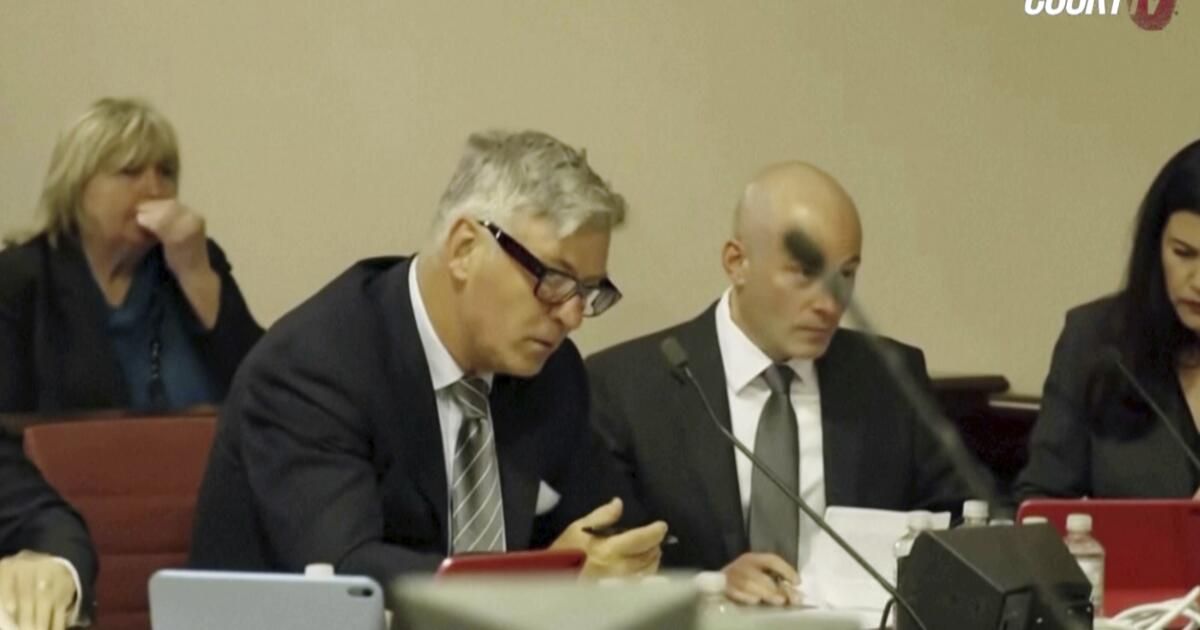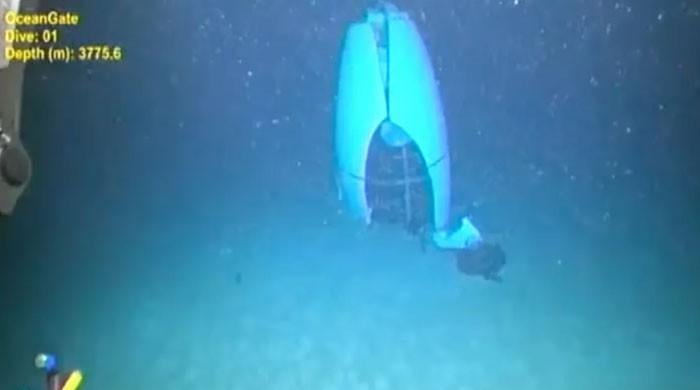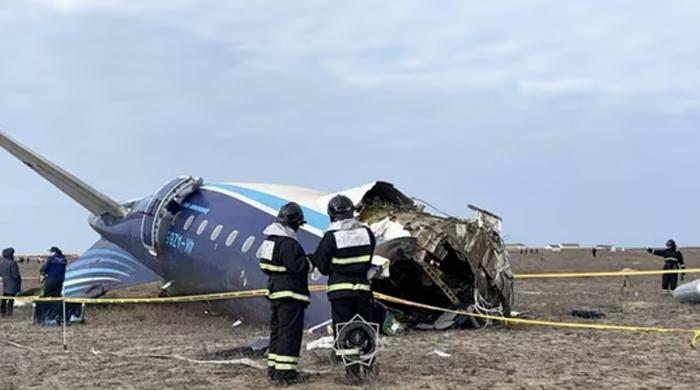Alec Baldwin's manslaughter trial is set to begin Wednesday after prosecutors and defense attorneys spent hours questioning dozens of potential jurors before choosing the panel that will ultimately decide the actor's fate.
On Tuesday night, 12 jurors and four alternates were seated after a day of questioning at the Santa Fe County District Courthouse. Eleven women and five men make up the jury.
Baldwin, who was indicted by a grand jury in January, has pleaded not guilty to the felony charge stemming from the Oct. 21, 2021, accidental shooting during the filming of the Western movie “Rust.” The film's cinematographer, Halyna Hutchins, 42, died that day from the gunshot wound.
On Tuesday, the 66-year-old actor and producer sat intently at the defense table, frequently taking notes on a legal pad. He was surrounded by members of his legal team who, along with prosecutors, faced a large group of potential jurors.
Baldwin's wife, Hilaria, and his brother Stephen Baldwin sat in the back row of the courtroom.
The eight-day trial will be broadcast live on Court TV.
The stakes are high. If found guilty, Baldwin could spend up to 18 months in prison. The outcome could also greatly affect his career. Baldwin has said he has lost acting roles since the tragedy. Baldwin didn't realize the gun he was holding during a rehearsal contained live ammunition.
Tuesday's session began with 70 potential jurors being led into a meeting room. First Judicial District Court Judge Mary Marlowe Sommer opened the session by swearing in the panel. She described the involuntary manslaughter charge against the defendant as a “negligent use of a firearm.”
Jurors were asked if they were familiar with the case. All but three raised their hands.
Special prosecutor Kari T. Morrissey, who has led the case on behalf of the local district attorney, wanted to know whether the jurors worked in the film industry, had “strong feelings about firearms” or possessed a concealed weapons permit. She asked them to assess for themselves whether they could be fair and impartial.
Baldwin's attorney, Alex Spiro, asked whether it would be difficult for jurors to make decisions without sympathy for the tragic elements of the case. He also wanted to know if any potential jurors “had any issues” with people relying on experts.
The actor has said he was not responsible for Hutchins' death and maintains he trusted the professionals on set who were in charge of security, including the film's weapons expert Hannah Gutierrez and assistant director David Halls.
Gutierrez, who was convicted of involuntary manslaughter in March, loaded the gun the day Hutchins died. Halls accepted a plea deal, in which he pleaded guilty to negligent use of a deadly weapon. He was sentenced to a six-month suspended term of probation.
Several potential jurors rejected Spiro's argument, saying gun users should test their own weapons. One man strongly rejected the idea of relying on experts.
“You don’t have to be a neuroscientist to know if a gun is real and loaded,” he said. A few minutes later, another juror said he had always been taught to “treat any gun, real or fake, as if it were a loaded gun.”
Experts predict the eight-day trial could be the most publicized criminal trial in New Mexico's 112-year history.
More than 40 journalists from television networks and media outlets across the country packed another courtroom Tuesday to monitor jury selection via closed-circuit television.
On Monday, the judge ruled that prosecutors could not raise Baldwin’s dual role as producer of the film during the trial. Prosecutors wanted to claim that he was partially responsible for maintaining a safe work environment and that he should have recognized that the gunmaker was having difficulty meeting its gun oversight obligations.
Production on the film wrapped in Montana last year, but “Rust” has no release date. The producers have said they hope to premiere “Rust” at a major film festival, but for now, the criminal proceedings have clouded their prospects.












